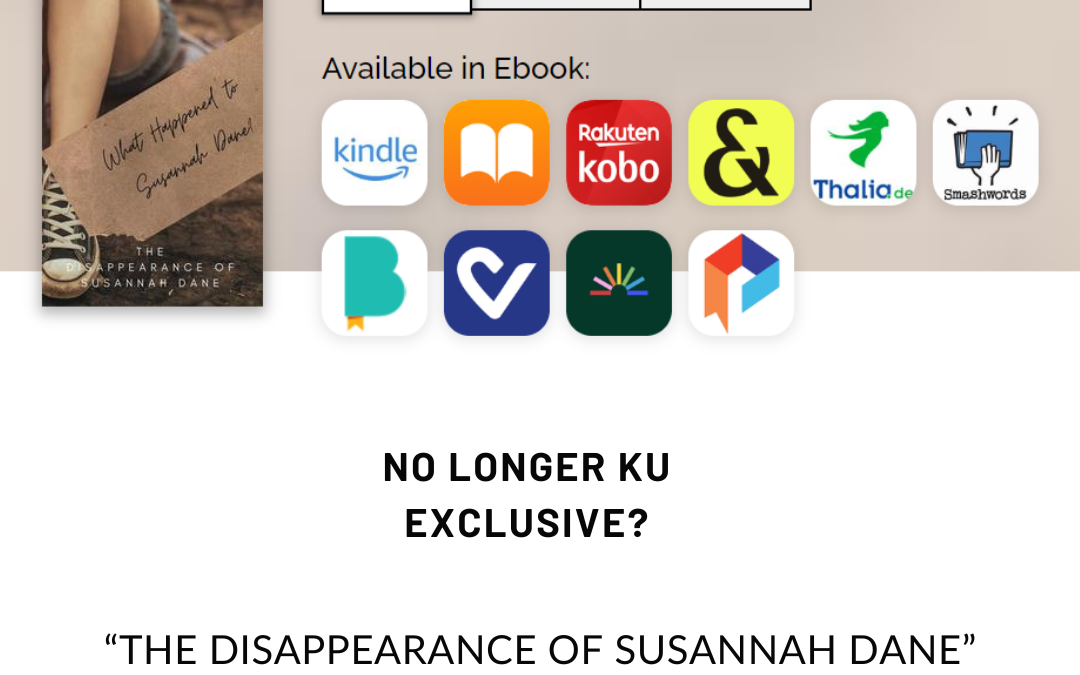This post contains affiliate links. To learn more about my affiliate associations, please visit this page for my full disclosure.
This is the third post in my Book Blog for Beginners Series!
Check out the other blog posts here:
- Why You Should Start a Book Blog
- Free Resources for Book Bloggers
- Can You Get Paid for Book Reviews?
- How to Get Your Book Blog Noticed by the Algorithms (SEO, Data Analytics)
- How to Get Your Blog Noticed on Social Media

Can You Get Paid for Book Reviews?
If you are looking to get paid to run a book blog, you are bound to find people offering to pay you for a book review. Can you get paid to write book reviews? If so, how do you do it legally and ethically?
I have been contacted many times by “review companies” on Goodreads. They offer to review my books in exchange for a fee. These companies are sketchy at best. If you’re an author, move on! Don’t waste your time on companies like this.
Bloggers should be paid for their work. Just like any influencer, if you are putting in a lot of time then you should be getting paid for that. It does cost money to buy your domain name, host the service, and to run your blog. You might even pay for your newsletter or other features on your blog, like your layout. It can get real expensive, real quick.
A common question for book bloggers is, can I get paid to do this? The short answer is probably not. But there are other ways to monetize your content, even book reviews.
Amazon says no, not unless you are a pro.
The issue with people paying for reviews on stores like Amazon is that it creates a pay-to-play system. The authors with the biggest budget might pay hundreds of people money to write reviews. This isn’t great for the people that want to buy the book because they can’t trust whether the review is legit. Did someone get paid $15 to slap on a 5-star rating? Or did they really take the time to read it and consider their opinion?
Amazon removes reviews that seem biased or that are paid. Paying for reviews can even get you banned. So, you shouldn’t be writing paid reviews for Amazon. Here’s what their policy says about paid reviews:
“Customer Reviews should give customers genuine product feedback from fellow shoppers. We have a zero tolerance policy for any review designed to mislead or manipulate customers.
We don’t allow anyone to write reviews as a form of promotion.
The following are types of reviews that we don’t allow and will remove:
- A review by someone who has a direct or indirect financial interest in the product.
- A review by someone perceived to have a close personal relationship with the product’s owner, author, or artist.
- A review by the product manufacturer, posing as an unbiased shopper.
- Multiple negative reviews for the same product from one customer.
- A review in exchange for monetary reward.
- A review of a game in exchange for bonus in-game credits.
- A negative review from a seller on a competitor’s product.
- A positive review from an artist on a peer’s album in exchange for receiving a positive review from them.”
So, you can’t accept a monetary reward in exchange for a review. Unless you’re writing for a site like Kirkus Reviews. These businesses can charge for reviews and do. They get a special spot on the book description page and may feature on the back of the book as well. You can get hired by a professional editorial to write book reviews (and get paid to do so) but your name is not mentioned on the book cover.

On your own website, you decide.
You don’t have to write for free on your own blog. If you can find authors that want to be featured on your blog, you can probably find paid opportunities. These might be reviews or just ad space on the sidebar.
Book Features: it’s different to be paid to feature an ad for a book on your blog than to say you read it (especially if you didn’t). The FTC requires you to be open and honest about content that is paid for, soo that you don’t mislead your audence.
as you are legally obliged to disclose that you have been paid and people have no way to verify whether the payment has affected your judgment, it is often impractical to pay for a review beyond providing the product itself.
Ville Kilkku
Both you and your audience need to understand the difference between editorial content and advertising content. If it isn’t clear if you got paid for that content, your audience will lose trust in you. And you may even face legal action if it seems you have been misleading.
Building Trust with Your Audience
You do want your audience to know when something is a paid promotion. Just like the little hashtags that you see on a YouTube video for paid promotions, you should be honest with your readers about which reviews are paid. Adding something as little as #ad to your social media content, may be enough.
As a general rule, your audience will respect you more if you also refuse to promote books you hated or fundamentally disagreed with. Ads need to be obvious and not masquerading as regular content.
You could lose readers if they feel like you’ll say anything to get a paycheck.
Another point of contention is whether you are being paid for the review itself or for what is said in the review. If the author tells you what to say or demands that the review is a certain star rating, that is obviously not your opinion.
Other Options for Making Money on Your Blog
I talked about this in an interview with Cielo Bellerose. She suggested that bloggers could use a website like KO-FI to accept tips from authors or publishers.
You can also try affiliate marketing, such as paid links to the books for Amazon or other book purchasing sites. I use Amazon affiliate links and links for companies like Grammarly. Affiliate links are best when they are highly relevant to your blog content.
Your Time is Valuable
The issue that bloggers have to tackle is that their time is valuable. You deserve to get paid when you put in hours of your life reading a book and writing a review. You shouldn’t just do this for free or for the exchange of an ebook that is worth a few bucks. Your blog shouldn’t cost you money and bring in nothing (unless it’s just a hobby.)
For me, personally, I don’t charge authors to writing a review or for author interviews. If I like the book, then I will read it if it’s sent to me.
Some bloggers, myself included, will accept payment to “rush” a book review. This has nothing to do with the content of the post and all to do with the time that you have to set aside to review it. You still have to let your readers know about any association with the author. I never guarantee a positive review.
People get really in the weeds about book reviews, but it’s important to understand whether it’s okay to accept payment to give someone a false 5-star rating on Amazon or if you are being paid to deliver content on a deadline. It’s kind of a gray area, but whether you are getting paid needs to be completely clear to your audience.
Promotional content is different than editorial content, so spot the difference and make sure your readers can too.
A Beautiful Mess Blogging Course!
Below is going to be a link for A Beautiful Mess. They offer courses on blogging, podcasting, photography, and more! This is an #ad!






0 Comments
Trackbacks/Pingbacks